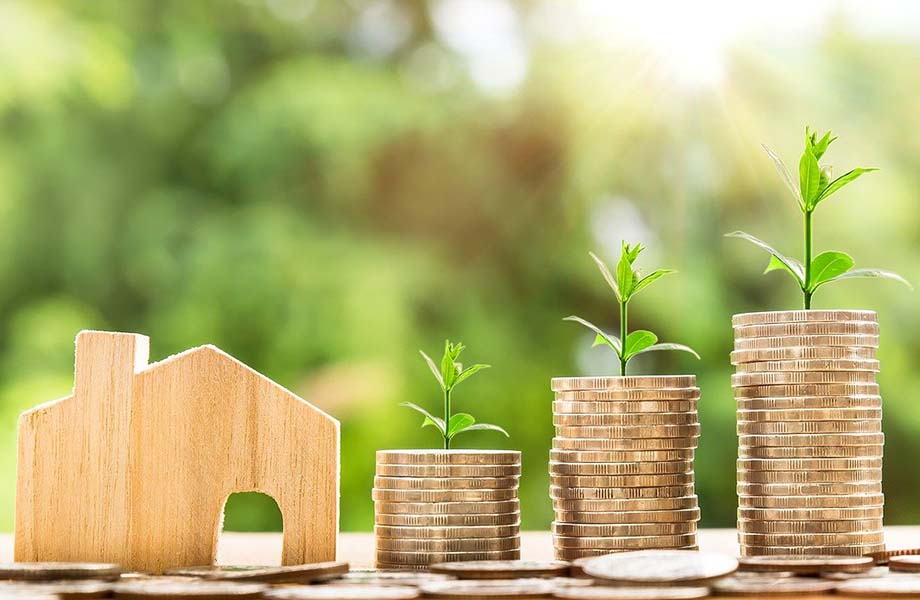
Your guide to Capital Gains Tax on property sales
 Making the correct decision on any asset or investment can be tricky without the necessary information to hand, and things are certainly no different when it comes to property sales and investments. How much tax we pay and the things we have to pay it on is information that’s decided by the UK Government, meaning just like any other tax, CGT is always liable to a potential rise or fall in rates with each new tax year. Business owners, entrepreneurs and investors - be it in the property market or elsewhere - can save money, restrict losses and make the most of their finances by being aware of the current tax systems in place.
Making the correct decision on any asset or investment can be tricky without the necessary information to hand, and things are certainly no different when it comes to property sales and investments. How much tax we pay and the things we have to pay it on is information that’s decided by the UK Government, meaning just like any other tax, CGT is always liable to a potential rise or fall in rates with each new tax year. Business owners, entrepreneurs and investors - be it in the property market or elsewhere - can save money, restrict losses and make the most of their finances by being aware of the current tax systems in place.
Capital Gains Tax (CGT) is one of those taxes, but it can be confusing and may come as quite a surprise for many who suddenly discover that it’s something they should be aware of. People would typically first hear of CGT when thinking about selling an asset - perhaps a property. A friend, relative or professional may advise them to be cautious of any CGT they may have to pay upon selling the asset, and so begins their research into finding out exactly what Capital Gain Tax is.
So, what is Capital Gains Tax?
CGT is a tax that must be paid on any profit that is made from the disposal of an asset, and this generally applies to most assets, such as a second property. There are exemptions, and when it comes to the property market, you’ll be pleased to hear that CGT is exempt from the sale of your main residential property.
The current Capital Gains Tax allowance for 2021/2022 is the same as it was for the previous year, which is £12,300. This means an individual can make £12,300 in profit on something before having to pay CGT. If assets are owned jointly, each persons allowances can be used, effectively doubling the amount of profit that can be made before being subject to CGT.
It’s also worth noting that if your annual CGT allowance isn’t used, it cannot be carried over into the next year.
When must Capital Gains Tax be paid?
If CGT is due on a property sale, tax rules state that is must be paid in full within 30 days of the sale completion date. This was introduced last year and became effective as of April 6th, 2020. In addition to the payment, a return must also be filed with HMRC during the same 30-day period following the completion date.
Capital Gains Tax rates
Capital Gains Tax rates are different depending on income levels and the asset being sold, resulting in 4 different rate levels of tax.
The current CGT rate levels are as follows:
- 10% CGT rate - this applies to basic-rate tax payers selling assets
- 18% CGT rate - this applies to basic-rate tax payers selling property
- 20% CGT rate - this applies to higher or additional-rate tax payers selling assets
- 28% CGT rate - this applies to higher or additional-rate tax payers selling property
If you’re considering selling a second property in the near future, it is worth seeking tax advice from a professional to better understand your tax situation with regards to correctly calculating any potential CGT you may have to pay following completion of the sale and to complete the required return for HMRC within the 30 day time limit.
Thinking of buying or selling a property in Cardiff? From first-time buys and family homes to the perfect investment property, we consistently list a wide range of properties available right across Cardiff and have expert sales and lettings teams to offer advice along the way. Get in touch now to see how we can help calling CPS Homes on 02920 668585, e-mailing enquiries@cpshomes.co.uk or by popping in branch to see us.
The information contained within this article was correct at the date of publishing and is not guaranteed to remain correct in the present day.


